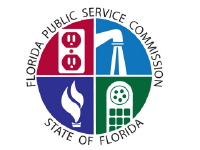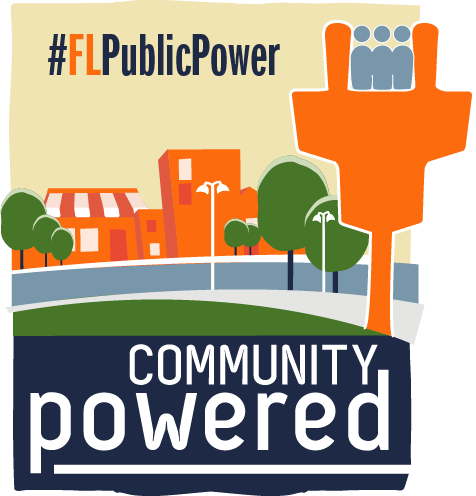Regulators Poised to Decide FPL Tax, Storm Case
 Florida Power & Light should be able to use federal tax savings to cover the costs of restoring power after Hurricane Irma, despite objections from attorneys for consumers and business groups, according to a recommendation by staff members of the state Public Service Commission.
Florida Power & Light should be able to use federal tax savings to cover the costs of restoring power after Hurricane Irma, despite objections from attorneys for consumers and business groups, according to a recommendation by staff members of the state Public Service Commission.
The Public Service Commission is scheduled next week to decide the high-stakes issue, which pits FPL against the state Office of Public Counsel, which represents consumers in utility issues, and the Florida Retail Federation and the Florida Industrial Power Users Group.
The issue involves FPL’s decision to use money from a reserve to pay for Irma restoration costs and to use savings from a 2017 federal tax overhaul to replenish the reserve. FPL contends the move spared customers from extra storm costs getting tacked onto monthly bills; critics argue the tax savings should flow through to customers in the form of lower base electric rates.
In a 26-page document filed Monday, Public Service Commission staff members said FPL should be able to use tax savings to replenish the amount used from the reserve to cover storm costs. After that, they recommended, tax savings should be used to lower base rates. The staff put annual tax savings at $772 million.
The federal tax overhaul, in part, lowered corporate-income tax rates from 35 percent to 21 percent. Also at play in the regulatory battle is a 2016 settlement that included establishing base rates over a series of years for FPL.
“In this case, FPL should be allowed to retain federal income tax savings equal to the amount of all reasonable and prudent Hurricane Irma costs,” the staff recommendation said. “Then base rates will be decreased to reflect the lower federal corporate income tax rate; all other increases or changes to the base rates negotiated by the parties and reflected in the 2016 settlement agreement remain.”
The Public Service Commission, which will meet May 14, is not bound by the staff recommendations, but such recommendations often play a key role in regulatory decisions.
Hurricane Irma, which plowed through much of the state in September 2017, caused an estimated $1.3 billion in costs for FPL. In the past, utilities have regularly been approved to tack on additional amounts to customers’ monthly bills to recover the costs of restoring power and rebuilding systems.
But about three months after Irma, Congress and President Donald Trump approved the tax overhaul. FPL decided to tap the reserve to cover the storm costs and replenish the amount with tax savings.
The 2016 base-rate settlement included numerous provisions, including setting a maximum return on equity of 11.6 percent --- a closely watched measure of profitability --- and approving FPL’s use of the reserve. FPL General Counsel Wade Litchfield said during a hearing last month that the reserve was designed to help the company manage “ups and downs” in costs and revenues.
While using the reserve to cover storm costs allowed FPL to avoid adding extra storm-recovery costs to customers’ bills, the Office of Public Counsel and the business groups have contended it results in the utility not properly passing along tax savings to customers.
In its recommendation, the commission staff called for taking an approach similar to recent cases involving other utilities.
“Staff recommends that FPL retain the amount of tax savings equivalent to Hurricane Irma storm costs determined to be reasonable and prudent … and thereafter reduce customer base rates by $772.3 million in annual tax savings, the amount stipulated to by the parties,” the recommendation said. “This approach balances the interests of all parties and is consistent with the premise of the underlying 2016 settlement agreement based upon a significant and material change in federal tax law. Staff’s recommendation gives recognition to FPL for managing its reserve amount by using tax savings to pay for Hurricane Irma costs. Staff’s approach also recognizes that federal income taxes were baked into and embedded in base rates when the 2016 settlement agreement was approved.”
Jon Moyle, an attorney for the Florida Industrial Power Users Group, said in a statement Tuesday that the recommendation is “adverse” to the interests of FPL’s opponents on the reserve issue. But he said ratepayers would benefit if the other part of the recommendation is approved.
“FPL customers will benefit greatly from a $772 million rate reduction that is the direct result of the federal tax reform legislation, and the consumer parties are hopeful that the commission will accept staff’s recommendation concerning this rate reduction issue,” said Moyle, whose group includes large commercial electricity users.
Article reposted with permission from The News Service of Florida.
 Enter your email address in the
Enter your email address in the 